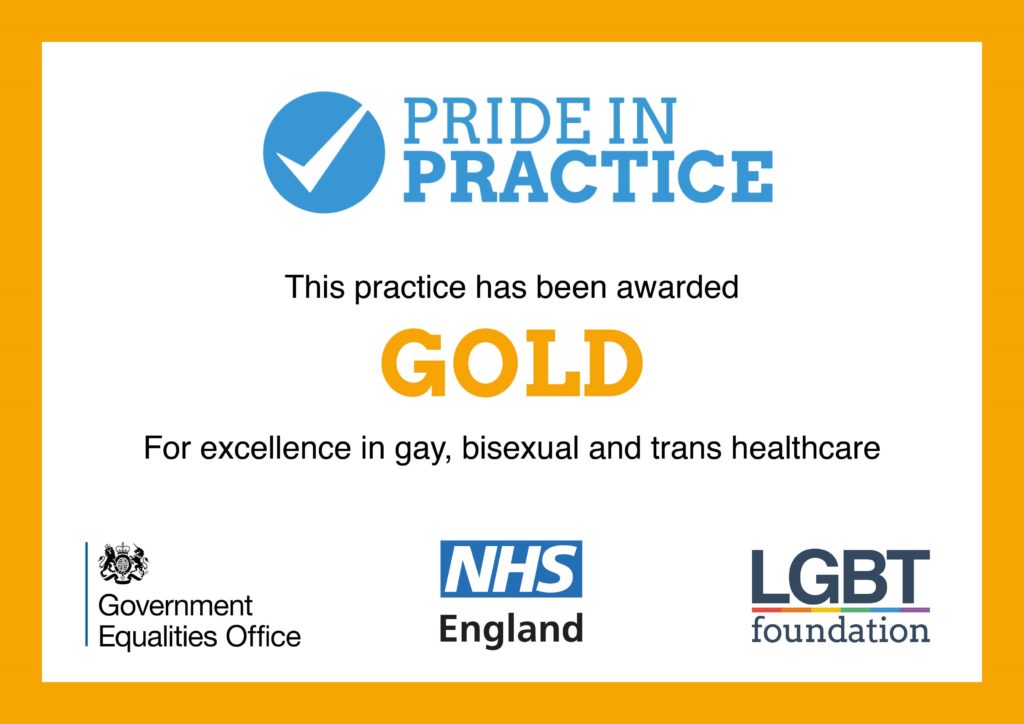We would like to remind patients of our protocol for treating urine infections (UTI).
Men and Children with UTIs need to see a GP in an appointment with a fresh urine sample, nurses cannot treat these.
Women need an appointment with a GP or Nurse please make an appointment.
Urine samples cannot be dropped into surgery without an appointment, please also do not expect to sit and wait whilst we test a urine. They are tested when the Nurses booked clinic finishes, ideally before 12 incase the sample has to be sent to the lab for testing.
You must only provide a sample in the containers we have at the surgery due to risk of contamination to the urine.
Please also see below advice regarding at home treatment of UTIs.
Things you can do yourself
To help ease pain:
- take paracetamol up to 4 times a day to reduce pain and a high temperature – for people with a UTI, paracetamol is usually recommended over NSAIDs such as ibuprofen or aspirin
- you can give children liquid paracetamol
- rest and drink enough fluids so you pass pale urine regularly during the day, especially during hot weather
It’s important to follow the instructions on the packet so you know how much paracetamol you or your child can take, and how often. It may also help to avoid having sex until you feel better. You cannot pass a UTI on to your partner, but sex may be uncomfortable. Taking cystitis sachets or cranberry products has not been shown to help ease symptoms of UTIs.
A pharmacist can help with UTIs
You can ask a pharmacist about treatments for a UTI. A pharmacist can:
- offer advice on things that can help you get better
- suggest the best painkiller to take
- tell you if you need to see a GP about your symptoms
Some pharmacies offer a UTI management service and can prescribe antibiotics if they’re needed.
How to prevent urinary tract infections (UTIs)
There are some things you can try to help prevent UTIs returning.
Do
- wipe from front to back when you go to the toilet
- keep the genital area clean and dry
- drink plenty of fluids, particularly water – so that you regularly pee during the day and do not feel thirsty
- wash the skin around the vagina with water before and after sex
- pee as soon as possible after sex
- promptly change nappies or incontinence pads if they’re soiled
Don’t
- do not use scented soap
- do not hold your pee in if you feel the urge to go
- do not rush when going for a pee – try to fully empty your bladder
- do not wear tight, synthetic underwear, such as nylon
- do not drink lots of alcoholic drinks, as they may irritate your bladder
- do not have lots of sugary food or drinks, as they may encourage bacteria to grow
- do not use condoms or diaphragms with spermicidal lube on them – try non-spermicidal lube or a different type of contraception

